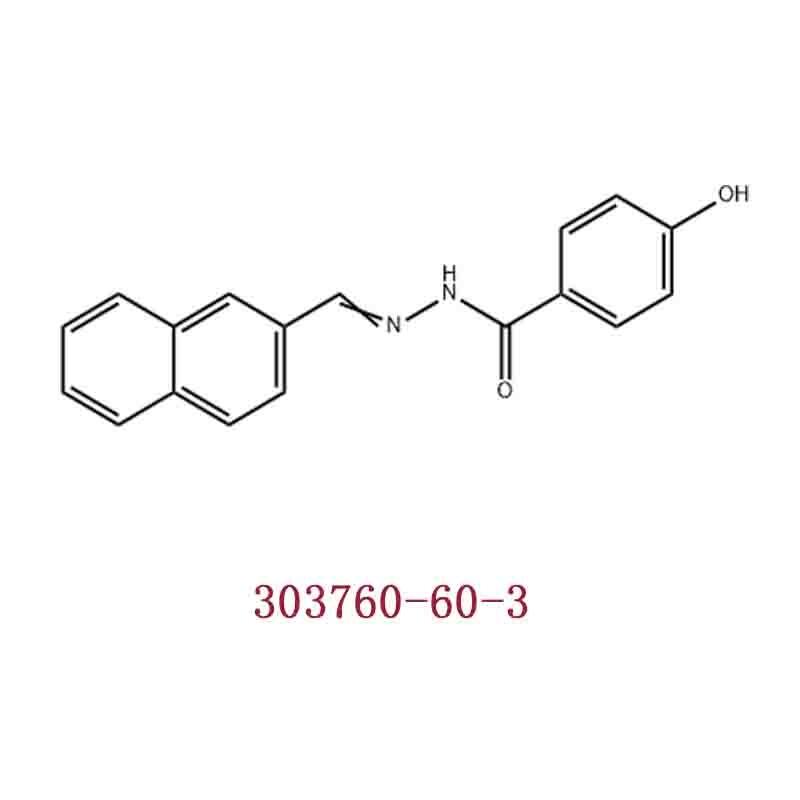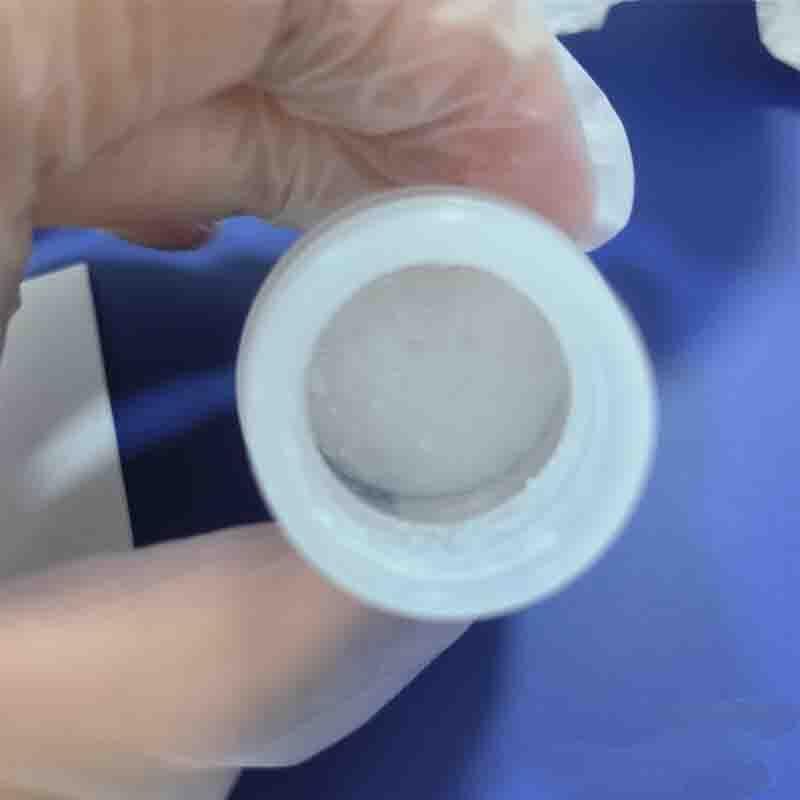-
Categories
-
Pharmaceutical Intermediates
-
Active Pharmaceutical Ingredients
-
Food Additives
- Industrial Coatings
- Agrochemicals
- Dyes and Pigments
- Surfactant
- Flavors and Fragrances
- Chemical Reagents
- Catalyst and Auxiliary
- Natural Products
- Inorganic Chemistry
-
Organic Chemistry
-
Biochemical Engineering
- Analytical Chemistry
-
Cosmetic Ingredient
- Water Treatment Chemical
-
Pharmaceutical Intermediates
Promotion
ECHEMI Mall
Wholesale
Weekly Price
Exhibition
News
-
Trade Service
The severity of irritable bowel syndrome (IBS) is associated with impaired quality of life and fatigue.
fecal microbiome transplantation (FMT) can significantly alleviate gastrointestinal-related symptoms.
the double-blind randomized placebo-controlled, parallel-group, single-center study was designed to assess the effects of FMT on secondary endpoints: IBS-related quality of life and fatigue in patients with non-constipation-type IBS, the results of which were published online in EBioMedicine.
study recruited non-constipated IBS patients, defined by the ROME 3 standard.
participants were randomly assigned (2:1) in a group of 6 people, given active or placebo FMT.
of fatigue and quality of life were defined as a 20-point reduction in the total score of the fatigue impact scale and a 14-point improvement in the IBS-Quality of Life questionnaire.
in the modified intended treatment population, the researchers excluded participants who had not received treatment or had been diagnosed with other diseases during the course of treatment.
between January 1 and October 30, 2015, the researchers recruited 90 participants and randomly assigned them to active therapy (n s 60) or placebo (n s 30).
three participants did not receive FMT, four were excluded after being diagnosed with micro colitis, and the remaining 83 participants under conducted a final improved intent therapy analysis (55 in the active treatment group and 28 in the placebo group).
QoL (OR:3801; confidence interval (CI) s 1309-11042 p s 0.011) and fatigue (OR s 4398; CI s 1175-16468 and p s 0,020) improved significantly over the next six months.
other self-reported dysfunctions and the presence of depression predictable FMT's lasting effects on QoL and fatigue.
, the results show that FMT induces a significant improvement in quality of life and fatigue.
FMT has a lasting effect in subgroups and should be further explored in future studies.
。







